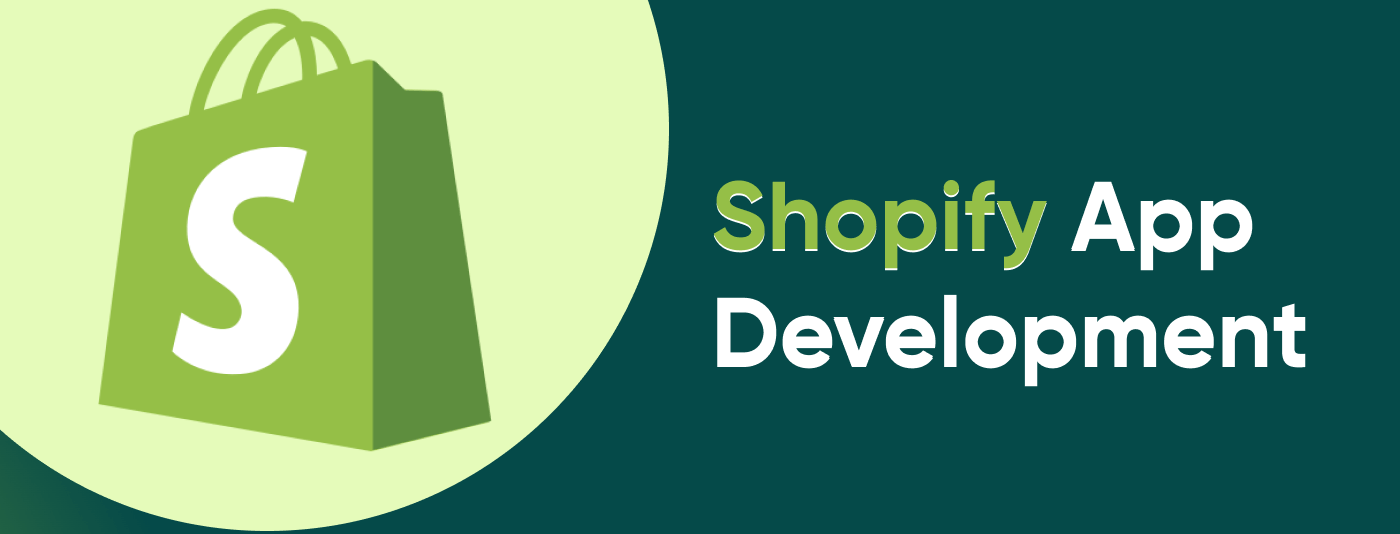Custom Theme Creation
Ready to craft your own Shopify theme? Dive into detailed theme documentation, packed with examples, resources, and practical tutorials, guiding you through the process of building and designing a distinctive Shopify theme.
Learn about themesApp Development
Eager to develop a Shopify app? Explore our extensive API resources and utilize our step-by-step tutorials. Learn the intricacies of app creation and smoothly navigate the submission process to the Shopify App Store.
Learn about Shopify's AppsLeveraging Shopify’s Latest APIs for Custom Functionality
In the ever-evolving landscape of e-commerce, staying ahead means constantly innovating and adapting. For Shopify store owners and developers, this means harnessing the power of Shopify’s latest APIs to drive custom functionality and provide unparalleled shopping experiences. This article dives deep into how you can utilize these APIs to elevate your Shopify store, with practical examples ranging from personalizing the shopping journey to automating inventory management and integrating augmented reality (AR) for product previews.

Understanding Shopify’s APIs
Shopify’s APIs offer a wide array of possibilities for enhancing store functionalities. These interfaces allow developers to retrieve information from Shopify, push data to the platform, or even build entirely new features that integrate seamlessly with a store’s front and back ends. With recent updates and the introduction of new APIs, the potential for customization and innovation has significantly expanded.
Personalizing Shopping Experiences
One of the standout features that Shopify’s APIs facilitate is the creation of personalized shopping experiences. By leveraging the Customer and Product Recommendation APIs, developers can craft custom recommendations that align with the browsing habits and purchase history of their customers. Here’s how:
- Customer API: Use this API to fetch detailed customer profiles, including past purchases, preferences, and behaviors. This data can be analyzed to understand individual customer needs and preferences.
- Product Recommendation API: Integrate this API to generate product recommendations based on the customer data fetched. You can create algorithms that suggest products similar to what the customer has bought or shown interest in.
For example, if a customer frequently purchases organic skincare products, the store can recommend new or related organic skincare items during their next visit, thereby enhancing the shopping experience and increasing the chances of conversion.
Automating Inventory Management
Inventory management can be a daunting task, especially for stores with a vast selection of products. The Inventory API and the Location API come to the rescue by simplifying inventory tracking and management:
- Inventory API: It provides real-time access to inventory levels across multiple locations, enabling automated restocking alerts and inventory adjustments based on sales data.
- Location API: Use this to manage different inventory locations, making it easier to track where items are stored and how they’re being moved
Combining these APIs, a custom solution can be developed to automate inventory management, ensuring that stock levels are always optimal, and backorders are minimized. For instance, an app can be created to automatically reorder stock when levels fall below a predefined threshold, saving time and reducing the risk of stockouts.
Integrating Augmented Reality for Product Previews
Augmented reality (AR) is reshaping the online shopping experience by allowing customers to preview products in a real-world context. Shopify’s AR capabilities can be leveraged through custom development to integrate AR product previews into your store. Here’s a practical approach:
- 3D Model API: This API allows you to upload and manage 3D models of your products.
- Custom AR Viewer: Develop a custom AR viewer that uses these 3D models to place products in a live camera feed on the customer’s device.
For example, a furniture store can use AR to let customers visualize how a new couch would look in their living room, directly from the product page. This not only enhances the customer experience but also can significantly reduce return rates by helping customers make more informed purchase decisions.
Conclusion
Shopify’s APIs open a world of possibilities for customizing and enhancing e-commerce stores. By personalizing the shopping experience, automating inventory management, and incorporating cutting-edge technologies like AR, store owners can not only meet but exceed customer expectations. These examples merely scratch the surface of what’s possible. As Shopify continues to evolve, so too will the opportunities for innovation, making now the perfect time to explore these APIs and unlock the full potential of your Shopify store.
Build Your Own Shopify App
Ready to craft your own Shopify App?
Discover how Shopify Apps, both public and custom, can transform your online store. Try the benefits of custom Shopify app development for a tailored e-commerce experience.
Shopify stores:
- Rapid Deployment: Launch your store in as little as two months.
- Easy Integration: Utilize pre-existing connectors from a vast App Store.
- User-Friendly APIs: Benefit from standardized, well-documented, and simple APIs.
- Cloud-Based Solution: Rely on a 100% cloud-based service for flexibility and scalability.
- Minimal Management: Typically, only content managers are needed for ongoing upkeep.

